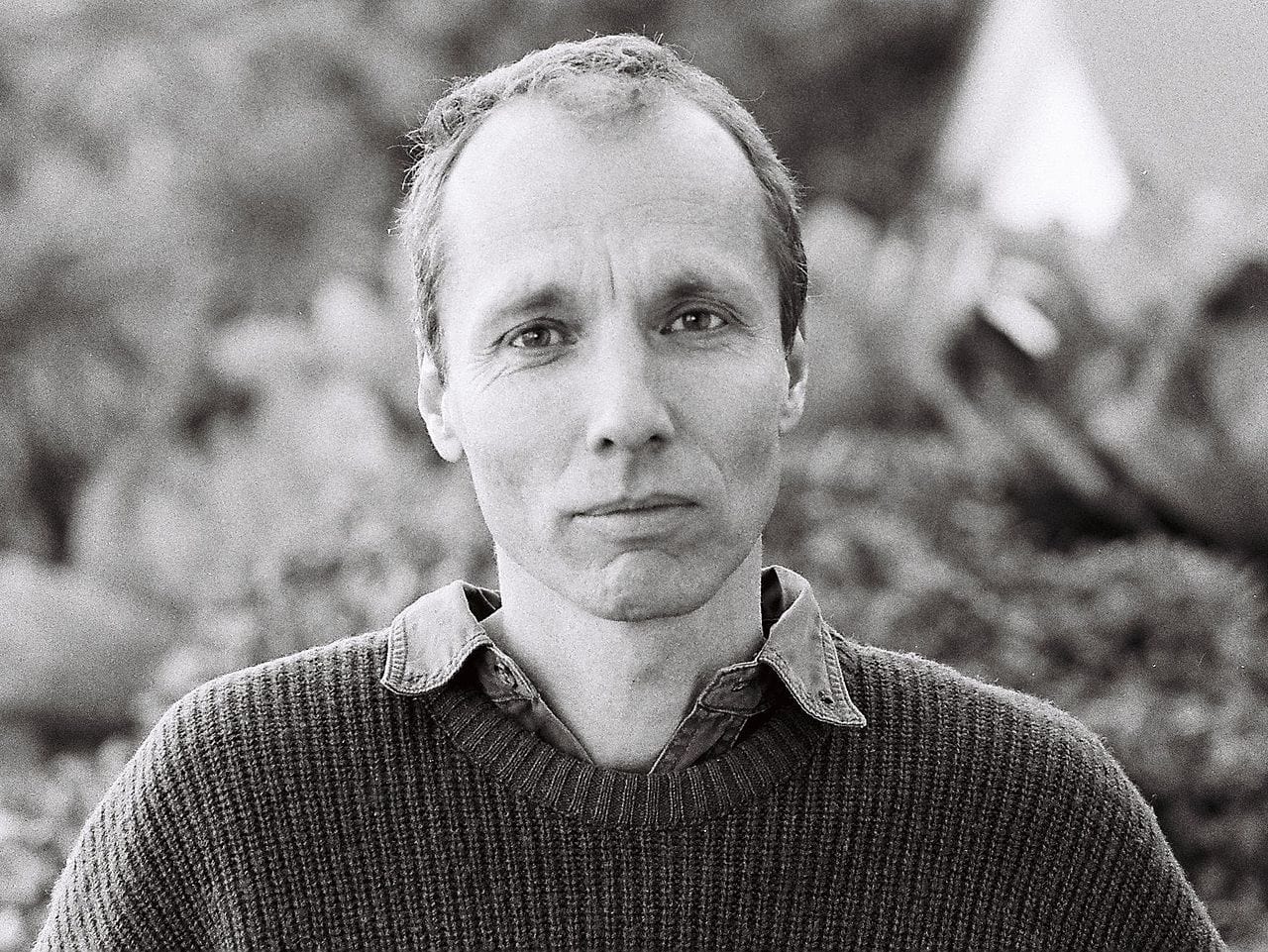Police recently raided the home of New Zealand investigative journalist Nicky Hager to search and seize property. The aim of the search was to identify the person who provided information used in his recent book "Dirty Politics".
This statement was originally published on ifj.org on 15 October 2014.
The International Federation of Journalists (IFJ) has joined its affiliate the EPMU New Zealand in criticising the police harassment of investigative journalist Nicky Hager and has called on police to abandon their harassment and investigation of the journalist.
On Thursday, October 2, six police officers raided Hager’s home to search and seize property. The aim of the search was to identify the person who provided information used in his recent book Dirty Politics. Hager’s book was released in August 2014 and describes the dirty tricks campaign run by the New Zealand National Party to attack and smear its political opponents. The book shows how senior politicians used apparent independent bloggers and media people to do their dirty work. It is based on a large leak of internal communications between bloggers, the prime minister’s office and the minister for justice, who was forced to resign shortly after the book’s publication.
Hager has said that he will not cooperate with the police and is taking legal advice to fight the police intervention. Following the raid, Hager declared he would go to jail rather than reveal his source. During the raid, police took a number of items including computers, drivers, phones, CDs, a camera and other papers belonging to him and his family, although Hager said he does not have any documentation relating to the book in his home.
EPMU Senior National Industrial Officer, Paul Tolich, said: “While police say Mr Hager is not a suspect in this case, merely a witness; their heavy-handed approach will have a chilling effect on journalism in this country. Protecting sources is a key ethical consideration for journalists and essential if public interest and information, such as disclosed in Dirty Politics is to be reported. Without the ability and commitment to protect sources, the free flow of information, which is essential to a properly functioning democracy, comes under threat.”
The EPMU said Hager had received overwhelming support since the police raid. However, no journalist should have to rely on public donations and lawyers to defend their principles, and journalism should never be subject to police intimidation.
“To protect the basic democratic principle of a free press, the police should immediately return all property removed from Mr Hager’s home, and abandon their harassment of him,” he said.
The IFJ Asia Pacific acting director, Jane Worthington, said: “It is a fundamental principle of press freedom, and a recognised ethical obligation, that journalists do not reveal their confidential sources. The public has a right to know what governments do in our name. Whistle-blowers need to be assured that they can expose illegal or improper conduct without fear of retribution.
“The actions of the police harassing a journalist and attempting to compel them to breach their ethical obligation to maintain the identity of a confidential source is an outrageous assault on press freedom. New Zealand authorities must call off this intimidation.”



